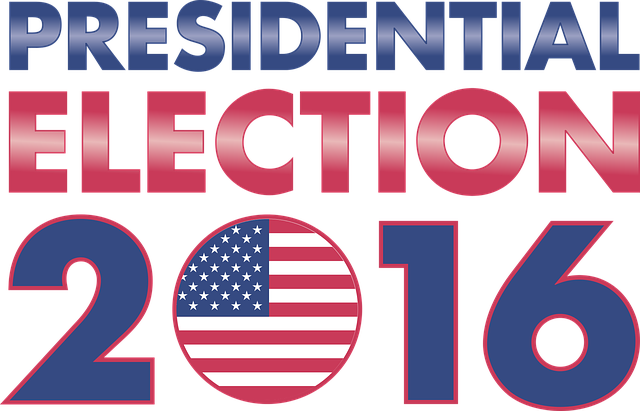US election campaign: the calm before the storm?

On November the 8th, the Election Day, the whole world will be focusing on the United States. But where do Hillary Clinton and Donald Trump stand on the main issues? And what are the potential effects of Clinton or Trump presidency? An overview.
With Election Day drawing closer, the uncertainty of the outcome is growing. In particular, after the surprise approval of the EU referendum in the United Kingdom held on June 23, 2016 all options appear to remain open in the USA.
However, the market doesn’t (yet) reflect this uncertainty. Compared to the election years back to 1992 the volatility index (VIX) has reached this year, one month before the elections, the lowest level ever. Only in the years in which the President-in-Office was standing for re-election (1996: Clinton; 2004: George W. Bush; 2012: Obama) we saw the VIX at similarly low levels. So is it the presidential candidates and their political agendas this year that make the market not respond sensitively in advance or has the market priced in a potential change in the political course in the USA incorrectly?
Trump vs. Clinton on the issues
Hillary Clinton’s proposals sound like a continuation of the administration under Barack Obama. There’s not much potential for surprises for the equity market that has been on a steady upward trend since Obama‘s election victory in 2008. The highlight of Clinton’s election would be the historic significance of having the first female US President.
While Clinton has had political responsibility for nearly two decades, Trump is politically inexperienced. His tax plan seems very business- and bank-friendly, but his trade protectionism bears a risk for the export-oriented industry. In addition, Trump would like to adopt a much tougher approach to foreign policy. Under normal circumstances, a Trump presidency should prove burdensome at first for the equity market and the US dollar.
Moreover, even the fact that Trump succeeds to pull close to Hillary Clinton in the polls (and even to overtake her) should lead to a higher volatility. This has not been the case so far!
| Donald Trump (the Republicans) | Hillary Clinton (the Democrats) | |||
| Taxation | Compressing the seven current tax brackets into three; tax cut for private businesses, tax cut for companies | Rise in capital gains tax rates; Any loopholes for companies will be closed; negligible impact on the bottom 95% of taxpayers | ||
| Spending | Reduction of expenditure on education and environment | Increase in expenditure on infrastructure, health, education and social services | ||
| Trade | Renegotiating or cancelling the Trans-Pacific Partnership and NAFTA trade deal; hard line on trade with Mexico and China | Renegotiating the Trans-Pacific Partnership; stricter monitoring and introduction of trade rules | ||
| Wall Street | Reforms like Dodd Frank will be reversed | New regulations for banks | ||
| Others |
|
Minimum salary rise from $7.25 to $12 per hour |
Risky choice Trump
The review of the market performance so far during the «torrid pre-election phase» brings me to the conclusion that the global central bank policy is currently absorbing any uncertainty.
Should Hillary Clinton become elected president, this situation would remain unchanged. However, should – contrary to expectations – Trump be the one who wins the election, much will depend on to what extent he will implement his proposals and what tone he will take on foreign policy. This might lead to a hard awakening, as the options of the central banks are limited – in particular, with an unpredictable Trump as president.
Christos Maloussis
Premium Client manager / Market Analyst – IG Bank

